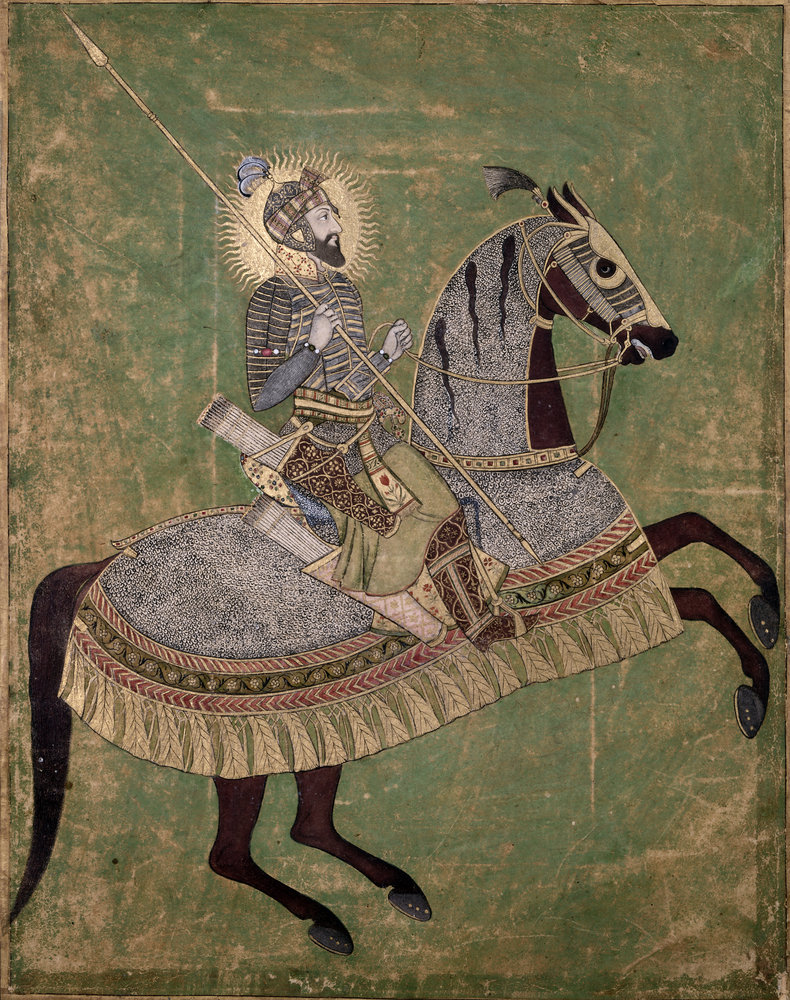Quotes from late medieval histories
Fuente: Sirhind (Punjab) Kalimat-i-Tayyibat, cited in : Sharma, Sri Ram, Religious Policy of the Mughal Emperors, Bombay, 1962. p. 138
Aurangzeb: Frases en inglés
Maasir-i-alamgiri, translated into English by Sir Jadu-Nath Sarkar, Calcutta, 1947, pp. 312-15
Quotes from late medieval histories
Inscription on Mosque at Bodhan, Andhra Pradesh, Epigraphia Indo-Moslemica, 1919-1920 quoted from Shourie, A., & Goel, S. R. (1993). Hindu temples: What happened to them. Vol. II.
Quotes from late medieval histories
Quotes from late medieval histories, 1670s
Fuente: A letter preserved in the Yasho-Madhav temple of Dhamrai in the Dacca district, dated 27 June, 1672, and printed in J. M. Ray’s Bengali History of Dacca, i. 389. quoted in Sarkar, Jadunath (1972). History of Aurangzib: Volume III. App. V.
(Mirat-i-Ahmadi, 232.) The Bombay Gazetteer, vol. I. pt, I. p. 280, adds that he slaughtered a cow in the temple, but Shah Jahan ordered the building to be restored to the Hindus.
Quotes from late medieval histories, 1660s
Fuente: Sarkar, Jadunath (1972). History of Aurangzib: Volume III. App. V.
